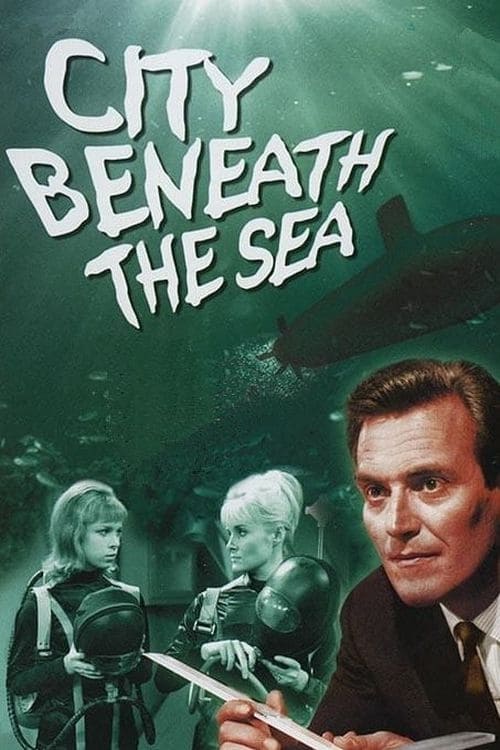
ITV1
Featured Show:
The Worker
In twenty years Charlie has had a thousand jobs. Each week sees Charlie attend the Labour Exchange to try and get a new one.
ITV1 TV Shows
2025 shows • Page 86 of 102

The Worker
In twenty years Charlie has had a thousand jobs. Each week sees Charlie attend the Labour Exchange to try and get a new one.
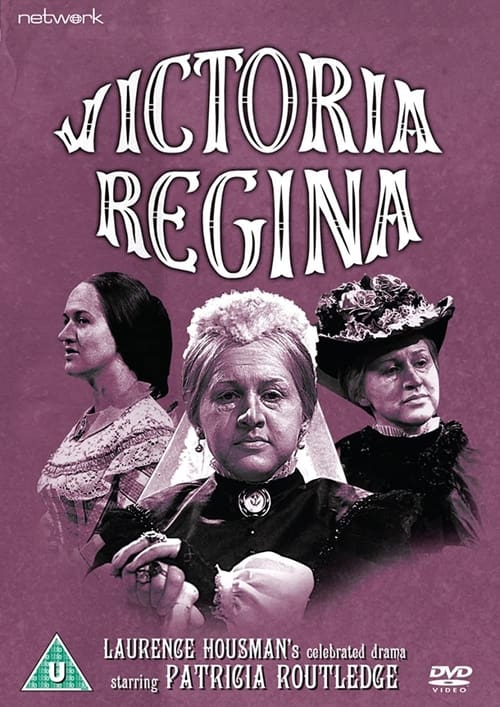 0
0Victoria Regina
Patricia Routledge gives a career-best performance as Queen Victoria in this 1964 series of plays based on the celebrated collection of dramas by playwright Laurence Housman. Self-willed, obstinate, imperious and passionate... a now-familiar description of one of history's longest-serving female monarchs – but Housman's satirical tribute marked a decisive break with the tradition of the uncritical historical portrait. A Broadway hit deemed too disrespectful for public performance in Britain until the late 1930s, Victoria Regina is a frank portrayal of an extraordinarily complex woman, tracing her development from royal teenager to inconsolable widow at the helm of a vast empire, with all her contradictions, prejudices and unconstitutional behavior.
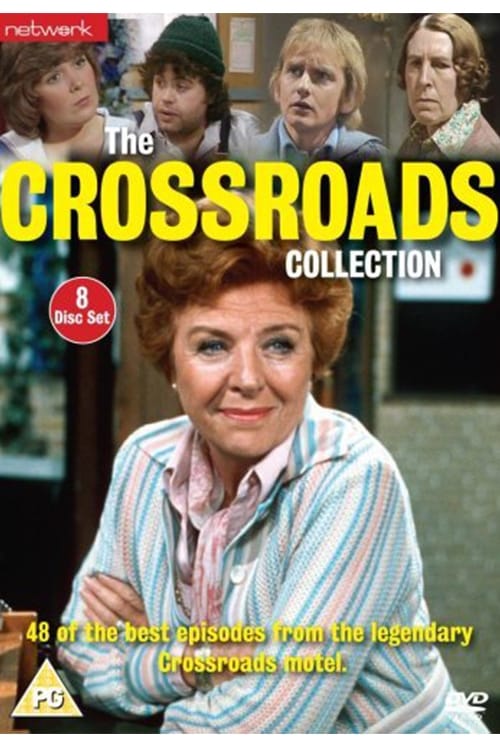
Crossroads
Crossroads is a British television soap opera set in a fictional motel near Birmingham, England. Created by Hazel Adair and Peter Ling, the commercial ITV network originally broadcast the series between 1964 and 1988. Produced by ATV and later by Central it became a byword for cheap production values, particularly in the 1970s and early 1980s. The series was revived in a glossier version by Carlton Television in 2001, but was again cancelled in 2003. The original theme tune was composed by Tony Hatch, and notably covered by Paul McCartney & Wings on their 1975 album Venus and Mars. A new version, which was first aired in 1987 when the series was relaunched as Crossroads, Kings Oak, was composed by Raf Ravenscroft and Max Early.
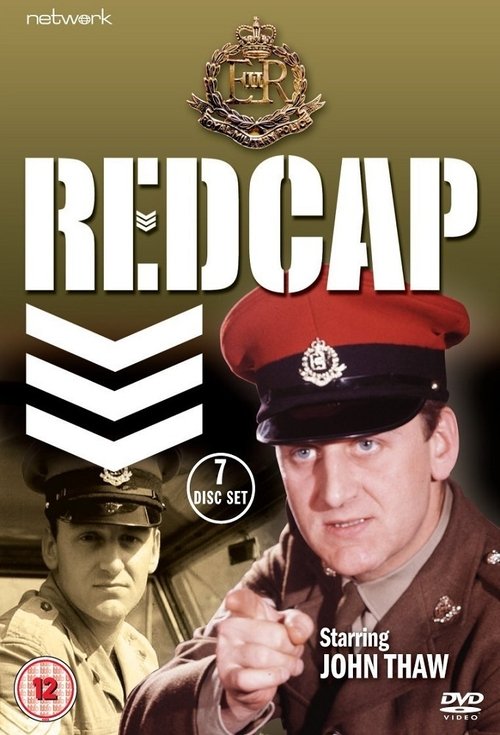
Redcap
Redcap is a British television series produced by ABC Weekend Television and broadcast on the ITV network. It starred John Thaw as Sergeant John Mann, a member of the Special Investigation Branch of the Royal Military Police and ran for two series and 26 episodes between 1964 and 1966, being about 50 minutes in a 60 minute time slot. Surprisingly for a 1960s ABC Weekend Television programme, 23 of the 26 episodes still exist.
 0
0HMS Paradise
A completely lost early ITV sitcom with strong similarities to the popular radio series The Navy Lark. HMS Paradise is set at a Royal Navy station on an island off the Dorset coast where very little actual work takes place.
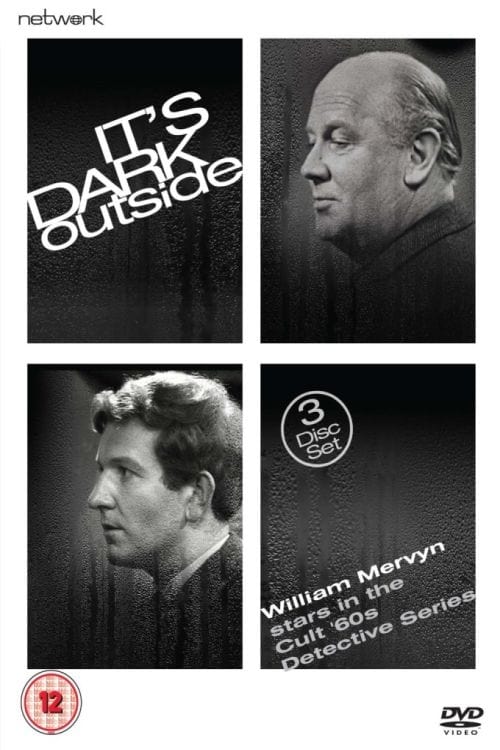 0
0It's Dark Outside
This spin-off from The Odd Man (1962) starred William Mervyn as the acerbic Inspector Rose, who, alongside the soft-hearted pensive Det. Sgt. Swift (Keith Barron), are joined by Anthony (John Carson) and Alice Brand (June Toblin), a barrister and his journalist wife, though not for long. By the second season, the Brands and Swift departed, leaving the calm, cold Rose in prime position, supported by newcomers DS Hunter (Anthony Ainley), his girlfriend Claire (Veronica Strong), and her boozy reporter friend Fred Blaine (John Stratton).
 0
0The Stanley Baxter Show
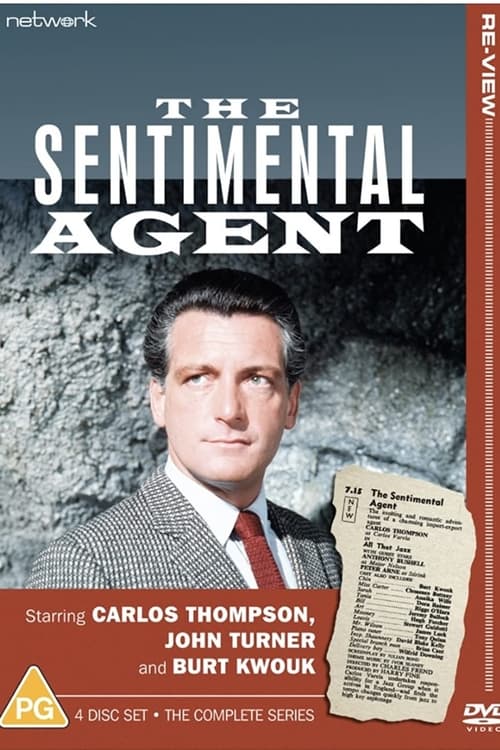
The Sentimental Agent
The Sentimental Agent is a television drama series spin-off from Man of the World. Produced in the United Kingdom in 1963 by Associated Television and distributed by ITC Entertainment, the series ran for 13 one-hour monochrome episodes. Some episodes were edited into a 1962 feature film Our Man in the Caribbean. Argentinian Carlos Varela is a successful import-export agent based in London, whose company takes him into unusual and sometimes dangerous situations. Impeccably dressed, cigar smoking and using wit, ingenuity, and charm, which often involves a damsel in distress, he is typically assisted by Chin, a resourceful Chinese manservant, and Miss Carter, an ultra-efficient secretary.
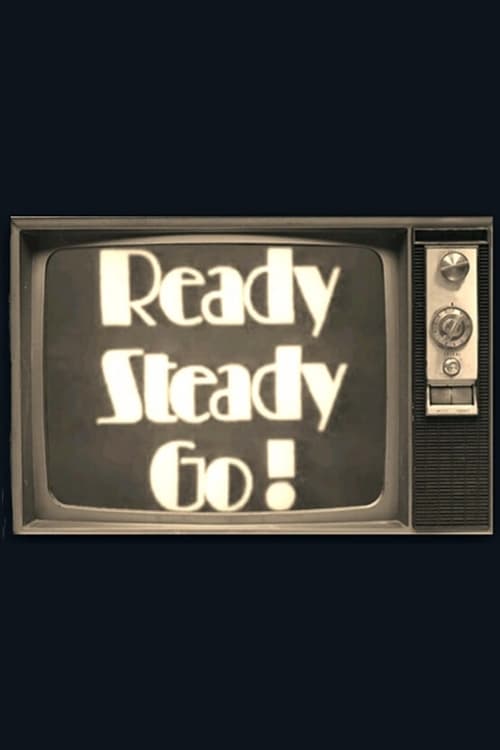
Ready Steady Go!
Ready Steady Go! is one of the UK's first rock/pop music television programmes and was a forerunner of MTV-type programming. It was conceived by Elkan Allan, head of Rediffusion TV. Allan was assisted by record producer/talent manager Vicki Wickham, who became the show's producer, and Michael Lindsay-Hogg who was appointed the show's director in 1965. It was broadcast from August 1963 until December 1966. It was produced by Associated-Rediffusion the weekday ITV contractor for London, called Rediffusion-London post 1964. The live show was eventually networked nationally. The show gained its highest ratings on 20 March 1964 when it featured the Beatles being interviewed and performing their songs "It Won't Be Long", "You Can't Do That" and "Can't Buy Me Love" - the last of which was a hit at the time. RSG! USA! was a Dick Clark production in 1964. A trademark infringement ended the show after six episodes. Its last episode was broadcast on 23 December 1966.
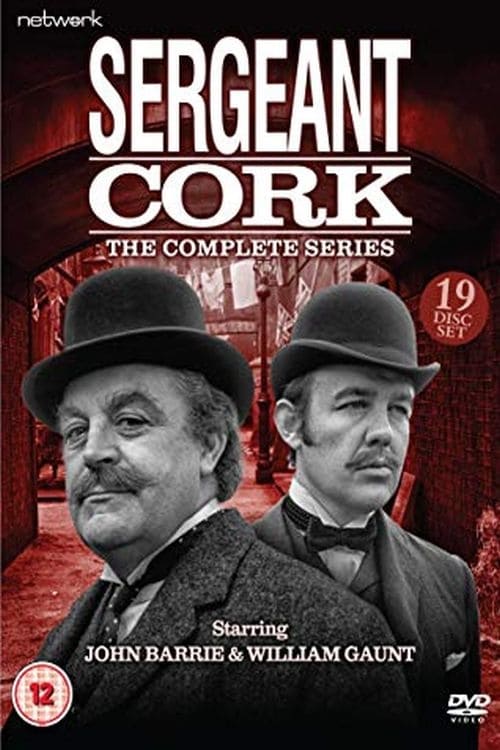
Sergeant Cork
Sergeant Cork is a British detective television series which first aired between 1963 and 1968 on ITV. It was a police procedural show that followed the efforts of two police officers and their battle against crime in Victorian London. In all 66 hour-long episodes were aired during the five-year run, although the last episode was not broadcast until January 1968, 16 months after the others. Journalist Tom Sutcliffe has credited it as a first example of the use of the Victorian-era policeman in a television crime series. A 1969 review in The Age opined that rather than suspense, the strengths of the series were its "excellent period settings and wonderfully thick pea-soupers" which "add up to splendid evocative stuff", as well as the performance of star John Barrie. At no time during the whole series is Sergeant Cork's first name given.
 0
0The Des O'Connor Show
The Des O'Connor Show is a British variety and chat show hosted by Des O'Connor. ITV broadcast the programme from 1963 until 1973. Associated Television produced the programme, and which was recorded in black-and-white for the first six series. When the seventh series of the show aired in colour in 1970, its popularity spread internationally. ITV licensed the programme to the National Broadcasting Company in the United States, where it aired during prime time, and continued for one more series. Some entertainment celebrities of the time, such as Patrick Newell and Dom DeLuise, made multiple guest appearances on the show. In the United States, NBC retitled the programme to Kraft Music Hall Presents the Des O'Connor Show, after their own popular variety show Kraft Music Hall, which also ended in 1971.
 0
0Crane
The adventures of Richard Crane, cafe owner & part-time smuggler, around the coast of Morocco, aided (and sometimes abetted) by his ex-Foreign Legion sidekick Orlando, waitress Halina, and local cop Colonel Mahmoud.
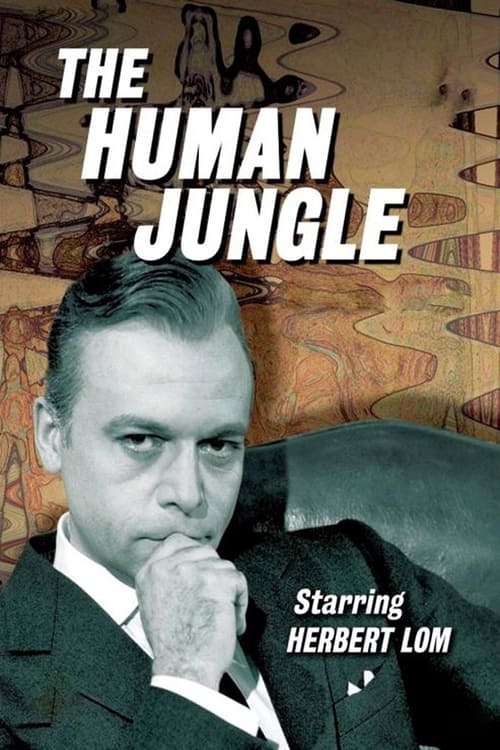
The Human Jungle
The Human Jungle is a British TV series about a psychiatrist, made for ABC Television by the small production company Independent Artists for transmission on ITV. Starring Herbert Lom, it ran for two series which were first transmitted during 1963 and 1965.
 0
0Password
Password was a panel game show based on the US version of the same name. It was orginally aired on ITV produced by ATV from 12 March to 10 September 1963 hosted by Shaw Taylor, then it aired on BBC2 from 24 March to 28 April 1973 hosted by Brian Redhead before moving to its flagship channel BBC1 from 7 January 1974 to 1976 first hosted by Eleanor Summerfield then by Esther Rantzen, it was then aired on Channel 4 produced by Thames from 6 November 1982 to 14 May 1983 hosted by Tom O'Connor and then finally aired back on ITV produced by Ulster from 22 July 1987 to 5 August 1988 hosted by Gordon Burns.

Puffin's Pla(i)ce
Puffin's Pla(i)ce is a British regional children's programme named after it's star, Oscar Puffin, that's broadcast on ITV Channel Television on weekend afternoons. The programme, one of the longest-running children's series to air on the ITV network, has been broadcast since 3 March 1963. Originally presented by Channel Television's team of continuity announcers, recent Puffin's Pla(i)ce presenters have included Stewart McDonald, Kevin Pamplin, Sam Palmano, Lucy Anderson and currently, Jenny Mullin. In September 2013 it was announced the show would no longer be broadcast on TV, but would move to an online format at the Channel Online website. The last TV edition was broadcast on 15th September 2013.
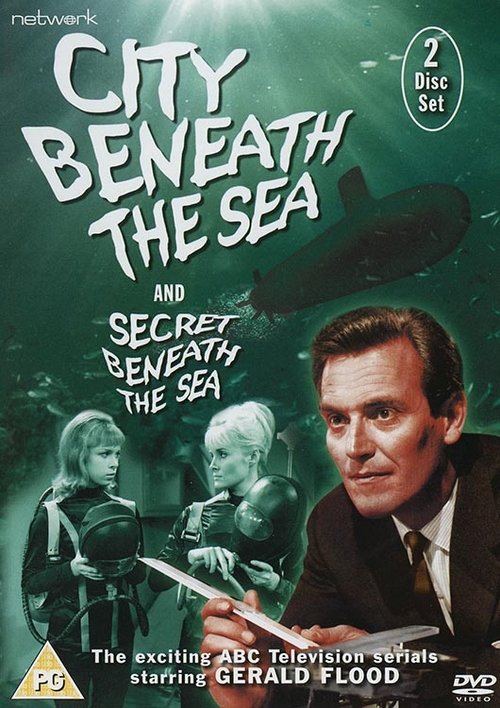
Secret Beneath the Sea
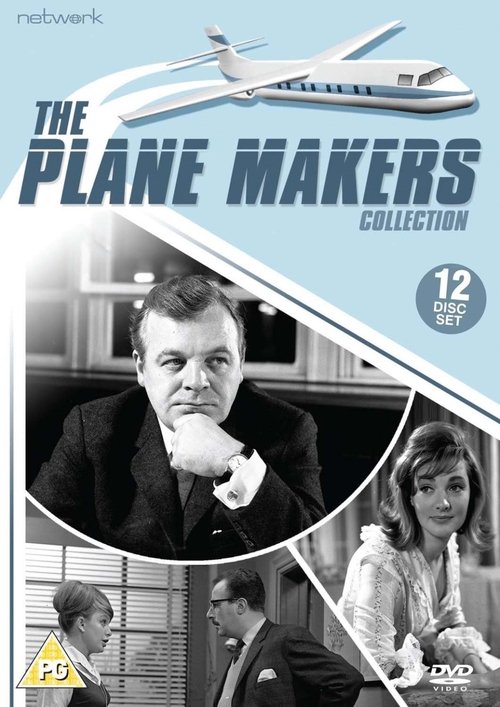
The Plane Makers
The Plane Makers is a British television series created by Wilfred Greatorex and produced by Rex Firken. ATV made three series for ITV between 1963 and 1965. It was succeeded by The Power Game, which ran for an additional three series from 1965 to 1969. Firkin continued as producer for the first two series, and David Reid took over for series 3.
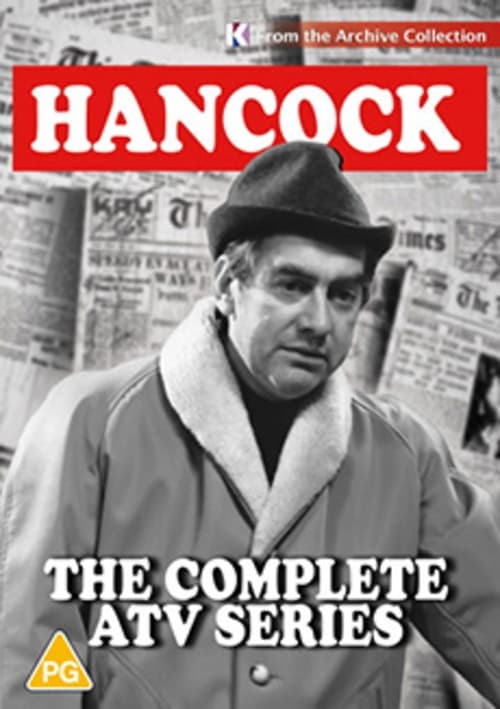
Hancock
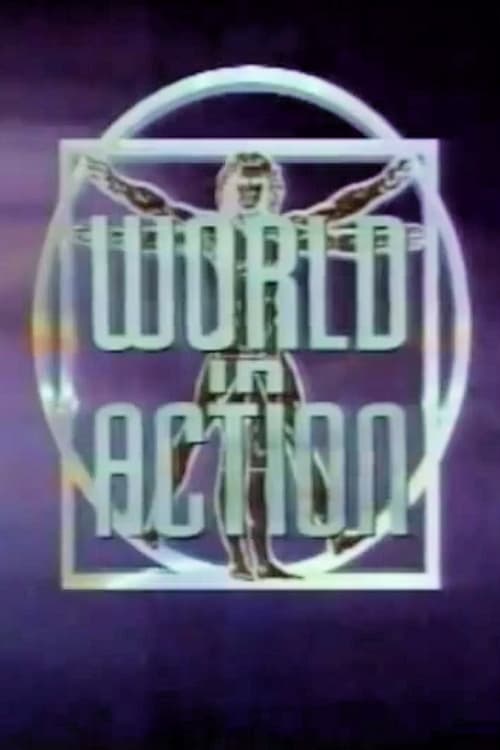
World in Action
World in Action was a British investigative current affairs programme made by Granada Television from 1963 until 1998. Its campaigning journalism frequently had a major impact on events of the day. Its production teams often took audacious risks and gained a solid reputation for its often unorthodox, some said left-wing, approach. Cabinet ministers fell victim to its probings. Numerous innocent victims of the British criminal justice system, including the Birmingham Six, were released from jail. Honouring the programme in its fiftieth anniversary awards, the Political Studies Association, said: "World in Action thrived on unveiling corruption and highlighting underhand dealings. World in Action came to be seen as hard-hitting investigative journalism at its best." In its heyday World in Action drew audiences of up to 23 million in Britain alone, equivalent to almost half the population.
